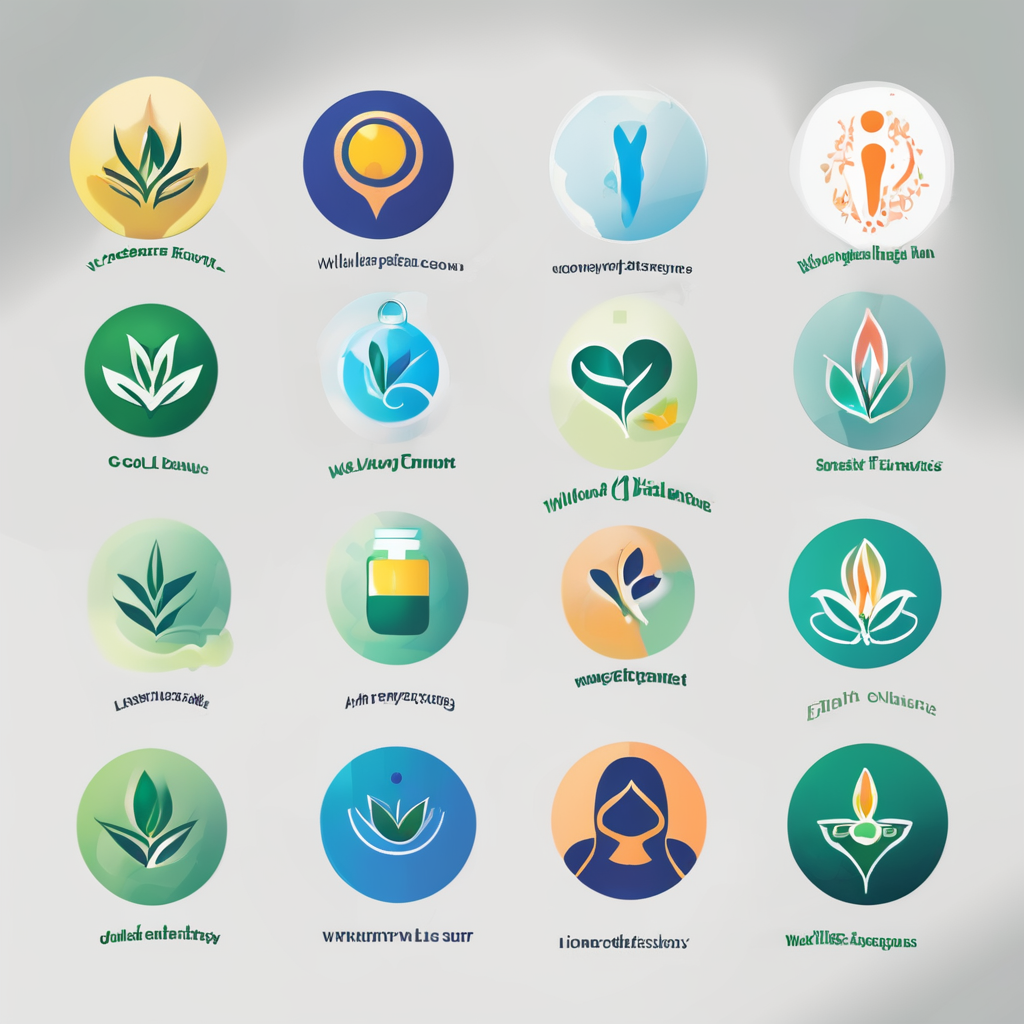In an age where technological advancements promise increased connectivity, many find themselves feeling more isolated than ever. As we navigate busy schedules, demanding jobs, and personal challenges, the importance of social support often takes a backseat. Yet, the value of fostering and nurturing relationships is paramount, especially when it comes to improving your emotional resilience and overall health.
This article delves into the vital role that social connections play in building a resilient life. It explores how these relationships can act as a buffer against stress, trauma, and the emotional upheavals that life invariably throws our way. By enhancing your understanding of mental health and resilience, you can make informed decisions to cultivate strong bonds that stand the test of time.
The Role of Social Support in Building Emotional Resilience
Understanding the interplay between social support and emotional resilience is crucial for anyone looking to fortify their mental health. At its core, resilience is the ability to bounce back from adversity, adapting positively to life’s challenges.
The Safety Net of Social Connections
Social connections provide a safety net that can soften the impact of life’s inevitable hardships. When you’re surrounded by a network of supportive people, you’re more likely to approach stress and challenges with a positive mindset. This network acts as a buffer, helping you process emotions and gain perspective.
Emotional Sharing and Validation
Through social interactions, you find a space where emotions can be shared and validated. When you discuss your experiences with others, it provides an opportunity to receive feedback, advice, or simply the empathy you need. Emotional sharing fosters understanding and helps in coping with trauma.
The Chemical Connection
Research suggests that positive social interactions can trigger the release of oxytocin, a hormone known for enhancing mood and reducing stress. This biological response underscores the profound impact that relationships can have on your emotional well-being.
By prioritizing social support, you not only enhance your resilience but also pave the way for personal growth and self-awareness. In nurturing your connections, you’re investing in a more resilient and fulfilling life.
The Impact of Social Connections on Physical Health
While the emotional benefits of social connections are profound, their influence extends beyond the mental realm, impacting your physical health as well. Studies have consistently shown that people with strong social ties tend to lead healthier and longer lives.
The Link Between Social Ties and Longevity
Strong relationships have been linked to lower rates of mortality. Socially connected individuals are less likely to experience health issues like cardiovascular disease, obesity, and high blood pressure. It’s believed that emotional support helps reduce stress levels, leading to a healthier heart and body.
Boosting Immune Function
Your social life can even impact your immune system. Engaging with friends and family often results in laughter and joy, which can trigger the body’s immune response. By maintaining connections, you may fend off illnesses more effectively and recover from them more quickly.
Encouragement and Healthy Behaviors
Supportive friends and family often encourage healthy habits. They may inspire you to engage in regular exercise, adopt a balanced diet, or even seek professional therapy when needed. These positive influences can significantly benefit your overall health.
The interplay between social ties and physical well-being is clear: by fostering relationships, you bolster not only your emotional resilience but your physical health as well. Investing time and effort in building these connections can lead to a healthier, more resilient life.
Building and Maintaining Strong Social Connections
Creating meaningful relationships is a lifelong endeavor, requiring time and effort. In a world where time is limited, prioritizing connections with others becomes essential. Here are strategies to build and maintain strong social connections.
Prioritize Quality Over Quantity
It’s not the number of connections that matter, but the quality of your relationships. Focus on building deep, meaningful bonds with people who uplift and support you. Meaningful relationships involve mutual trust, respect, and understanding.
Be Present and Communicate
Being present in your interactions is crucial to building strong relationships. Active listening and open communication lay the foundation for deeper connections. Whether it’s a phone call or face-to-face meeting, showing genuine interest in others fosters stronger bonds.
Join Groups and Communities
Participating in clubs, groups, or communities that align with your interests can expand your social circle. Shared activities provide a platform to meet new people, share experiences, and create lasting memories. These connections often become a cornerstone of your support network.
Building social connections requires consistent effort and dedication. By embracing these strategies, you pave the way for a resilient and healthy life enriched by the people you care about.
The Role of Professional Support in Enhancing Social Connections
While personal efforts are vital in maintaining social connections, professional support can offer invaluable guidance, especially during challenging times.
Seeking Therapy for Personal Growth
Therapists can provide a safe space to explore personal challenges and growth areas. They offer insights into relationship dynamics, helping you navigate trauma or stress that might affect your ability to connect with others.
Building a Supportive Network
Professional support can also help you build a network of like-minded individuals. Group therapy, workshops, and support groups offer a platform to connect with people facing similar challenges, fostering a sense of community and belonging.
Overcoming Social Challenges
For those facing social anxiety or difficulty establishing connections, professionals can offer strategies to overcome these hurdles. Therapy can help build confidence, improve communication skills, and develop resilient interactions.
Incorporating professional support into your journey can strengthen your ability to maintain and build healthy relationships, contributing to a more robust emotional and social life. By recognizing the value of these resources, you enhance both your mental health and overall quality of life.
Strong social connections are the bedrock of a resilient and healthy life. They act as a buffer against the stresses and traumas that can otherwise weigh heavily on your emotional well-being. By fostering these bonds, you’re not only enhancing your mental resilience but also boosting your physical health.
Prioritizing quality relationships, seeking professional support when needed, and engaging with community groups can all contribute to a vibrant social life. These efforts lead to a life enriched by meaningful connections, creating a network ready to support you through life’s peaks and valleys.
As you invest time and effort into building these associations, remember that your relationships are a vital element of your resilience and health. By embracing the power of social support, you pave the way for a brighter, more fulfilling future.











